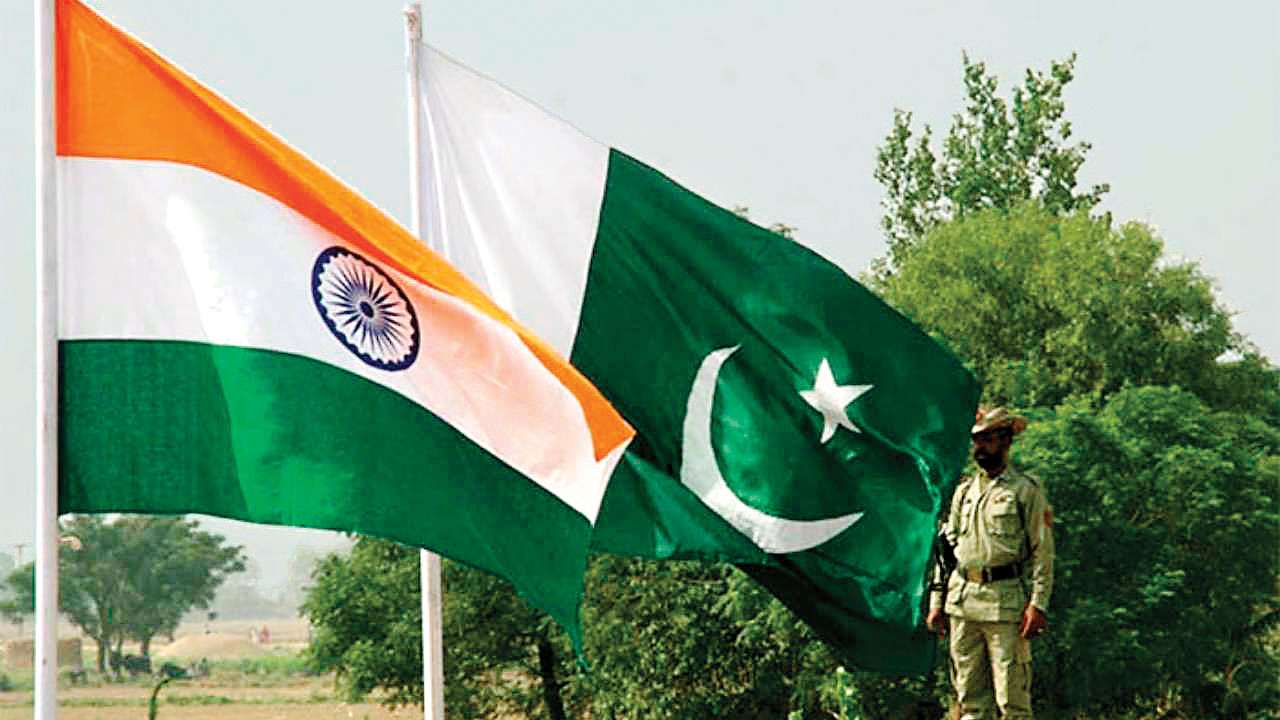
When news flashed on September 20 that the foreign ministers of India and Pakistan would meet on the sidelines of the United Nations General Assembly, there were mixed reactions across the board. This was just days after Imran Khan had sent a letter to Prime Minister Narendra Modi where he expressed his desire to reach out to India and start a bilateral dialogue through constructive re-engagement.
Many scholars and experts on Indo-Pak relations raised concerns regarding this proposed meet in view of the continued tension and crossborder firings. India’s move to accept this invitation for dialogue was surprising, as many were hoping that UNGA 2018 would prove to be yet another platform for an Indo-Pak diplomatic showdown.
The very next day, however, India made a complete U-turn by pulling out of this dialogue citing two reasons. First, brutal killings of three Indian soldiers by Pakistan-based entities, and the recent release of a series of 20 postage stamps by Pakistan glorifying Burhan Wani, a militant eliminated by Indian armed forces in July 2016. Imran Khan’s response to this added fuel to the fire after he tweeted that he was disappointed by India’s “arrogant response”, and remarked, “All my life, I have come across small men occupying big offices who do not have the vision to see the larger picture.”
India has officially made it clear that terrorism and talks can’t go together. The twists and turns of this episode have raised more questions on India’s State response to Pakistan. Firstly, while accepting the invitation for a meeting on the sidelines of UNGA, was India trying to set aside the question of cross-border terrorism by Pakistan? If yes, then why this sudden U-turn, since Pakistan has proven itself to be a repeat offender historically?
India is more than aware of brutal cross-border killings by Pakistan as well as the latter’s stand on Burhan Wani, whom it celebrates as a martyr. Therefore, to first accept the invitation for a bilateral dialogue and then make a U-turn the next day shows India’s confusion about its Pakistan policy. If the Government of India indeed wanted to have a dialogue despite knowing these facts, then the dialogue should not have been put off. In this case, a talk would have been better than no talk, especially when the new regime in Pakistan has officially stated that it wanted to talk on terrorism and wished to improve trade ties.
This kind of behaviour by India casts aspersions on whether these sudden changes in critical decision-making are because of an internal pressure of domestic politics imposed by the media and other pressure groups, who were questioning India’s decision to go ahead with the talks. It seems that the Indian government doesn’t want to be perceived as going ‘soft’ on Pakistan, especially at a time when four Assembly elections and general elections are lined up over the next few months. To conclude, India needs to have a more coherent approach while dealing with Pakistan because in international relations, one can change ‘allies’ but not ‘neighbours’.
The author is a junior research fellow at the School of International Studies, JNU. Views are personal